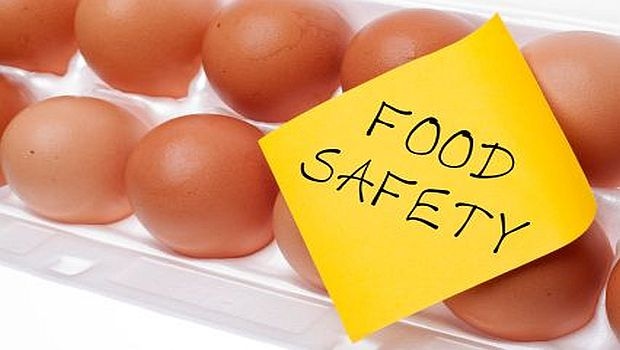Guidance offers insight on how to improve training, recordkeeping and procedures to enhance food safety.

The Food & Drug Administration is offering a new draft guidance to companies to provide the industry with clear information on ways to prepare, plan and work with FDA to ensure that voluntary recalls are initiated properly and promptly.
“We know that in order for a recall to be effective and timely, it’s crucial that companies be prepared in advance to take all necessary steps for when a recall is initiated,” FDA associate commissioner for regulatory affairs Melinda Plaisier said in a statement.
Proper training of personnel is perhaps one of the most important elements to effectively executing a recall, FDA said. The draft guidance provides recommendations for companies that manufacture or distribute FDA-regulated products to adopt in readying their staff for potential recall situations. Specifically, this new draft guidance advises companies on ways to best identify and train appropriate personnel on their responsibilities during a recall, establish a recall communications plan and identify what the FDA reporting requirements may be, among other things.
Recordkeeping is another important component in efforts to improve recalls through product traceability by tapping into modern approaches such as blockchain technology to further advance FDA’s mission of protecting public health. The draft guidance also advises companies on the importance of properly coding their products and maintaining distribution records in order to conduct the most effective recall possible.
Written recall initiation procedures help minimize delays created by uncertainty. For companies that initiate a recall, using initiation procedures can help reduce the amount of time a defective or potentially harmful product is on the market, and that, in turn, reduces the potential exposure to consumers.
Plaisier said for consignees of a company that initiates a recall, these procedures can help extend the recall quickly throughout the distribution chain. “The guidance recommends that firms consider preparing and maintaining written recall initiation procedures to swiftly ensure their recalled products are removed from the market. These procedures should clearly describe the appropriate actions to take when a decision is made to initiate a recall. They should also help ensure that necessary actions are not overlooked and may minimize the disruptive effect a recall can have on a company’s operations,” FDA said.
Over the past 12 months, FDA has heightened efforts to make more timely information available to consumers. This includes alerts, advisories and consumer warnings for products such as Kellogg’s Honey Smacks, recalled vegetables and romaine lettuce as well as contaminated pet food.
Plaisier concluded, “Moving forward, the agency will continue its efforts to improve recalls and will encourage the use of new technologies and other tools that can assist in those efforts. The FDA will also continue to refine and improve our ability to quickly communicate information to the public on recall situations. We remain committed to learning from every recall and seeking out opportunities for improved processes, education and awareness in order to ensure that American consumers are kept safe from potentially dangerous products. These collective efforts will help the agency to prevent future recalls and work quickly with companies to remove products from the market when an issue does arise.”
About the Author(s)
You May Also Like





